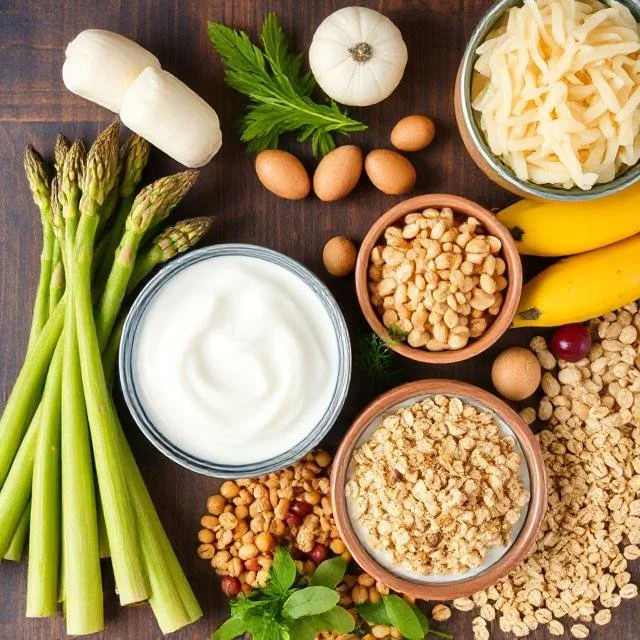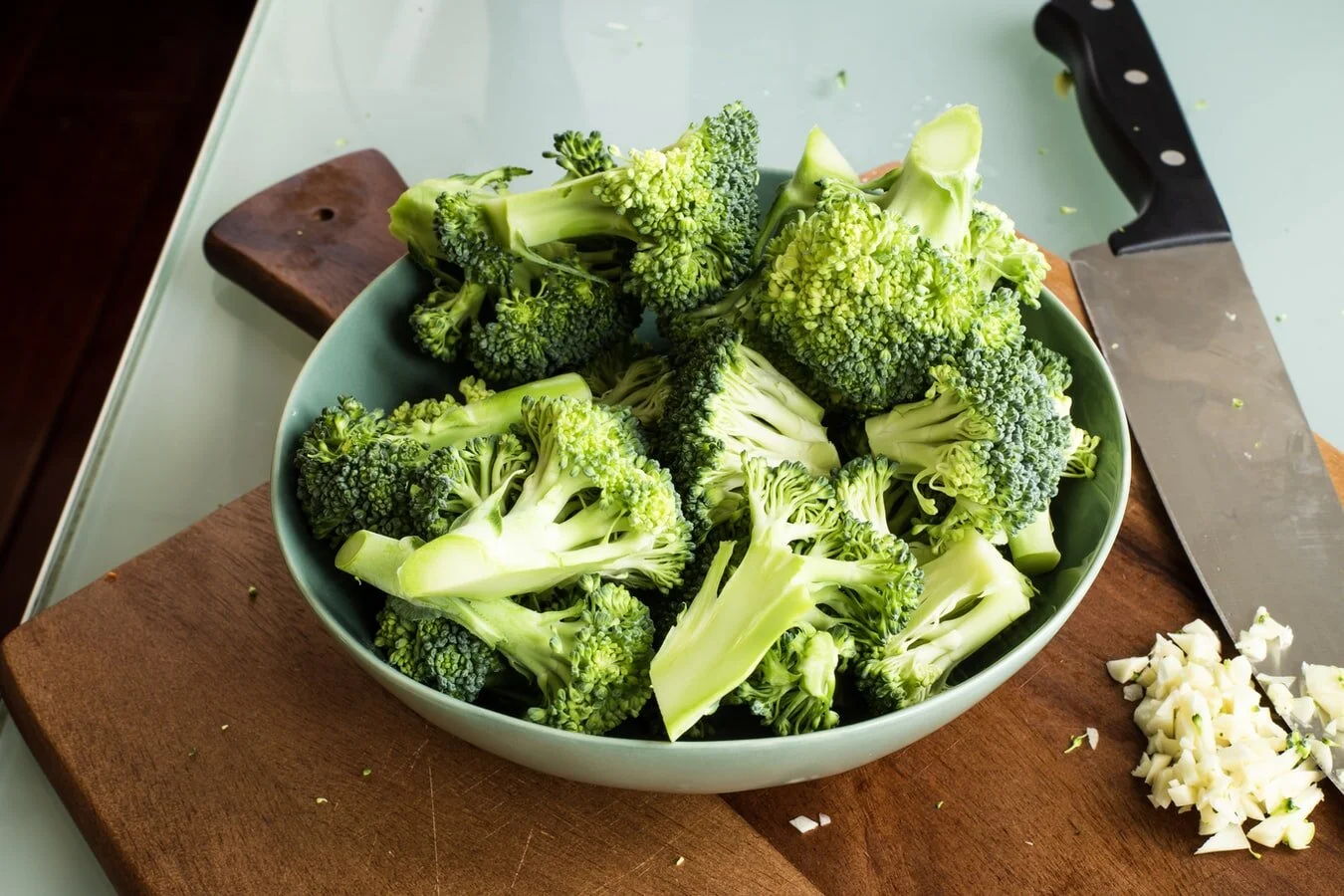In the world of gut health, two terms often pop up: probiotics and prebiotics and it’s important we understand the roles they play in supporting our gut microbiome and overall well-being.
Trillions of bacteria and other microbes live in our gut and make up our individual gut microbiome. The gut microbiome has a number of jobs, including extracting nutrients from food, digesting fibre and proteins from food, making vitamins B and K, shaping the immune system, protecting the body from pathogens, and enhancing mental wellbeing. (For a deeper dive into the gut microbiome, read FIT’s previous Journal post).
Probiotics are beneficial bacteria that help maintain a healthy balance in the gut microbiome, while prebiotics are non-digestible fibres that feed and support the growth of these beneficial microbes. In short, probiotics are live microorganisms, often referred to as "good" or "friendly" bacteria, that help keep our gut balanced, whilst prebiotics are the food for these bacteria.
So…what are the best sources of probiotics and prebiotics?
Probiotics
Probiotics are naturally found in our body but are also available through certain foods and supplements. Common sources include yogurt, kefir, sauerkraut, kimchi, miso, and kombucha. These foods can help restore a healthy balance in the gut microbiome when it’s disrupted due to illness, antibiotics, poor diet or stress.
Prebiotics
Prebiotics are a type of non-digestible fibre found in many plant-based foods which nourish the beneficial gut bacteria, helping them grow and thrive. Foods high in prebiotics include garlic, onions, leeks, asparagus, bananas, oats, legumes and beans. Unlike probiotics, prebiotics aren’t alive, but they are just as vital. Without them, probiotics wouldn’t have the fuel they need to do their job.
Adding a variety of probiotic and prebiotic-rich foods to your diet is a natural, effective way to support a healthy gut to:
- Promote digestive health: A balanced gut can reduce bloating, constipation, and symptoms of IBS.
- Strengthen immunity: Around 70% of our immune system resides in our gut, and a healthy microbiome helps it function properly.
- Improve nutrient absorption: Probiotics aid in breaking down food and absorbing nutrients more effectively.
- Enhance mental well-being: The gut-brain axis links your gut health to mood and cognition. An imbalanced gut can contribute to anxiety and depression.
- Feel satiated after eating: which can promote healthy weight



